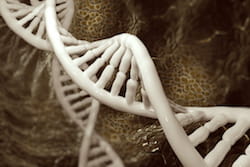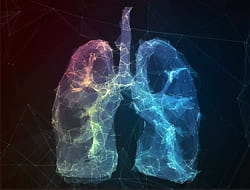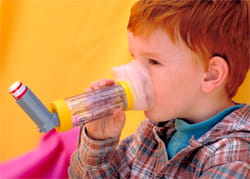- Find a Doctor
-
For Parents
- Before Your Visit
- During Your Visit
- After Your Visit
- More Resources for Parents
Patient & Visitor Resources -
Services
- Locations
-
About Us
- About Childrens
- Find it Fast
- Additional Resources
Find it FastAdditional Resources - MyCHP
ALERT:
There is construction in and around UPMC Children’s Hospital that is affecting the traffic flow – please allow for extra time traveling into the hospital.
- Find a Doctor
- For Parents
-
Services
-
Frequently Searched Services
- Asthma Center
- Brain Care Institute (Neurology & Neurosurgery)
- Cancer
- UPMC Children's Express Care
- Ear, Nose, & Throat (ENT)
- Emergency Medicine
- Endocrinology
- Gastroenterology
- Heart Institute
- Genetic & Genomic Medicine
- Infectious Diseases
- Nephrology
- Newborn Medicine
- Primary Care
- Pulmonary Medicine
- Rheumatology
- Surgery
- Transplant Programs
- See All Services
-
Frequently Searched Services
- Locations
- About Us
- MyCHP
- I Want To
- More Links










 Dr. Celedón’s team first identified MMP12 and TSLP as susceptibility genes for asthma- or COPD-phenotypes in humans, while also showing that racial ancestry partly explains marked differences in the burden of asthma and COPD between Puerto Ricans and Mexicans – the Hispanic paradox.
Dr. Celedón’s team first identified MMP12 and TSLP as susceptibility genes for asthma- or COPD-phenotypes in humans, while also showing that racial ancestry partly explains marked differences in the burden of asthma and COPD between Puerto Ricans and Mexicans – the Hispanic paradox. Based on prior work in children and adults and with funding from the National Institutes of Health, Dr. Celedón is now examining whether changes in DNA methylation and/or gene expression induced by exposure to violence or chronic stress leads to asthma, reduced response to treatment, and worse asthma outcomes in minoritized children and adults.
Based on prior work in children and adults and with funding from the National Institutes of Health, Dr. Celedón is now examining whether changes in DNA methylation and/or gene expression induced by exposure to violence or chronic stress leads to asthma, reduced response to treatment, and worse asthma outcomes in minoritized children and adults. particular, the discovered that African ancestry is inversely related to lung function in Puerto Rican children, but that Native American ancestry is positively related to lung function and inversely related to COPD in New Mexican Hispanics and Costa Ricans.
particular, the discovered that African ancestry is inversely related to lung function in Puerto Rican children, but that Native American ancestry is positively related to lung function and inversely related to COPD in New Mexican Hispanics and Costa Ricans. UPMC Children's has about 2,700 emergency department visits and 13,000 hospitalizations for asthma per year. Yet, there is no effective tools to predict severe asthma attacks and poor asthma-related outcomes. Moreover, even though several monoclonal antibodies (collectively called “biologics”) has been proved in the past few years, there is no adequate biomarkers to predict response. Dr. Celedón’s Lab is currently leading a study to identify biomarkers of risk of severe asthma exacerbations, lung function, and response biologics in children and adolescents with asthma.
UPMC Children's has about 2,700 emergency department visits and 13,000 hospitalizations for asthma per year. Yet, there is no effective tools to predict severe asthma attacks and poor asthma-related outcomes. Moreover, even though several monoclonal antibodies (collectively called “biologics”) has been proved in the past few years, there is no adequate biomarkers to predict response. Dr. Celedón’s Lab is currently leading a study to identify biomarkers of risk of severe asthma exacerbations, lung function, and response biologics in children and adolescents with asthma.